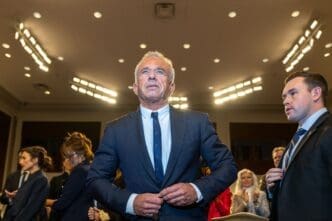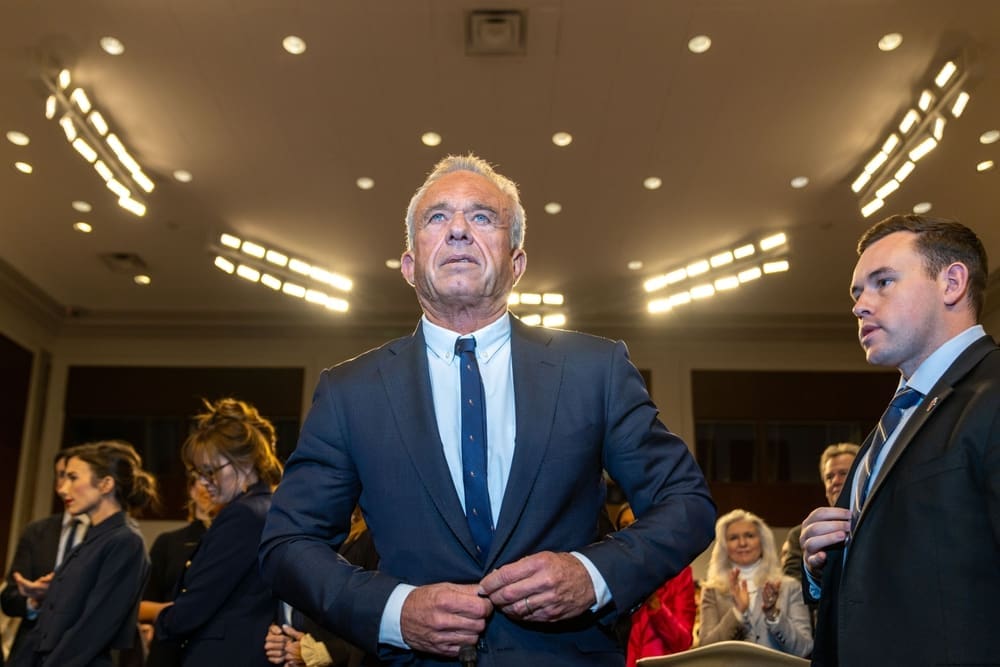The Department of Health and Human Services is initiating an extensive testing and research initiative to investigate the causes of autism. This effort, announced by Secretary Robert F. Kennedy Jr., aims to uncover insights by September and will involve the expertise of hundreds of scientists. Kennedy, who has previously expressed skepticism about vaccines, shared these plans in a meeting with President Donald Trump, who suggested the possibility of vaccines contributing to autism rates, despite substantial evidence refuting this link.
Autism is characterized as a developmental disability caused by neurological differences. Symptoms can vary widely, often including delays in language, learning, and social or emotional skills. The scientific community broadly agrees that vaccines do not cause autism, a stance supported by prominent advocacy groups like Autism Speaks. Research, including genetic studies, indicates a significant genetic component to autism, with no single environmental factor identified as a primary cause. The National Institutes of Health (NIH) identifies potential risk factors, such as prenatal exposure to harmful substances, low birth weight, and older parental age.
The rising rates of autism diagnoses have been a concern for both Trump and Kennedy, who attribute some of this increase to improved awareness and broader diagnostic criteria. The understanding of autism has evolved, with the term now encompassing a range of conditions known as “autism spectrum disorders.” Many diagnosed today experience milder symptoms than those traditionally associated with autism. Increased screening and services have led to earlier diagnoses, with greater advocacy and awareness bringing attention to autism in diverse communities.
Despite the scientific consensus, some individuals, including Kennedy, continue to question the safety of vaccines, a narrative originating from a discredited 1998 study. Kennedy has appointed David Geier, known for his controversial stance on vaccines and autism, to lead this new research endeavor. Geier’s past actions, including unauthorized medical practices, have raised concerns. The Department of Health and Human Services has yet to comment publicly on these developments.
The Bottom Line
This extensive research initiative could have significant implications for understanding autism and shaping future public health policies. As autism diagnoses continue to rise, this effort may provide valuable data on potential environmental factors and genetic predispositions, influencing how communities approach diagnosis and support. However, the association of known vaccine skeptics with this research might affect public trust and perceptions, possibly influencing vaccine uptake and public health strategies. The outcome of this initiative could contribute to bridging gaps in knowledge, enhance support infrastructures, and inform educational and healthcare approaches to autism. Community engagement and transparent communication will be crucial to ensure that findings are understood and appropriately implemented for the benefit of individuals and families affected by autism.













